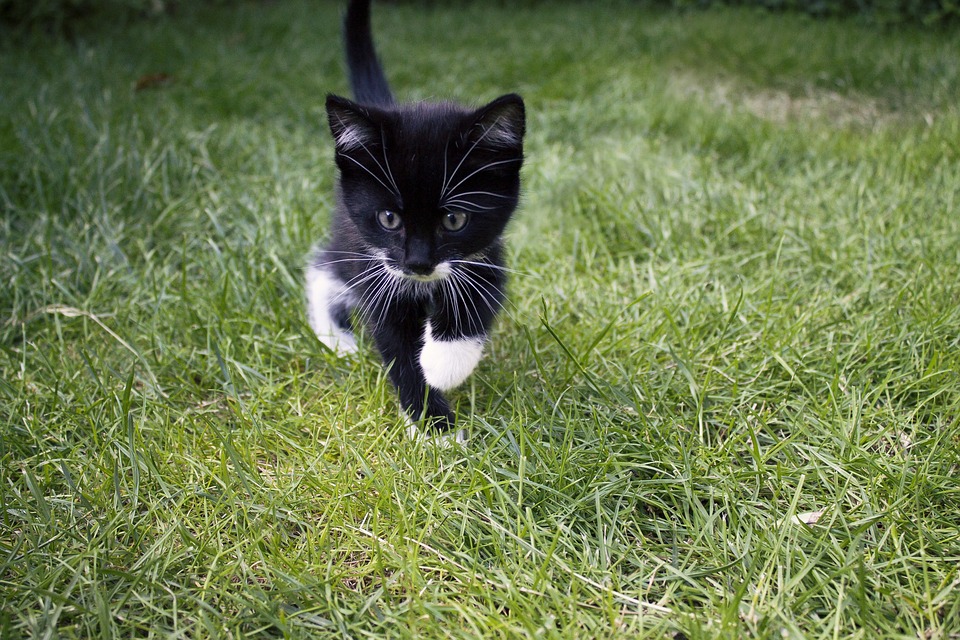Feeding Your Cat for Optimal Health: A Guide to Essential Vitamins and Minerals
Introduction:
Maintaining proper nutrition for your cat is crucial for their overall health and wellbeing. Just like humans, cats require a balanced diet that includes essential vitamins and minerals. In this article, we will delve into the importance of providing your feline friend with the right nutrients and explore the benefits of a well-rounded diet. We will also address frequently asked questions related to cat nutrition and offer helpful tips to ensure your cat receives optimal nutrition.
I. Understanding the Importance of Essential Vitamins and Minerals for Cats
A. The role of vitamins in cat health
Vitamins are essential for cats as they support various bodily functions. Vitamin A promotes good vision and a healthy immune system. The B complex vitamins aid in energy production, brain function, and maintaining a healthy coat. Vitamin D facilitates calcium absorption for strong bones and teeth, while vitamin E acts as an antioxidant, supporting cell health and immune function.
B. The significance of minerals in cat nutrition
Minerals are crucial for cats’ overall health and wellbeing. Calcium is essential for bone and teeth development, while phosphorus works in conjunction with calcium for bone health and energy metabolism. Iron helps transport oxygen in the blood and supports overall growth, and zinc promotes a healthy immune system and aids in wound healing.
II. Choosing the Right Cat Food for Optimal Nutrition
A. Reading cat food labels
When selecting cat food, it is important to read the labels carefully. Understanding ingredient lists can help you identify the presence of essential vitamins and minerals. Look for complete and balanced formulas that meet the nutritional requirements set by regulatory bodies such as the Association of American Feed Control Officials (AAFCO).
B. Wet vs. dry cat food: Which is better?
Both wet and dry cat food have their advantages and disadvantages. Wet food is beneficial as it provides hydration and can be easier for cats with dental issues to chew. Dry food, on the other hand, is more convenient and can help maintain dental health. It is important to ensure that your cat has access to fresh water, regardless of the type of food they consume.
III. Common Cat Feeding Mistakes to Avoid
A. Overfeeding: The dangers of obesity in cats
Overfeeding can lead to obesity in cats, which can have serious health consequences. It is important to follow feeding guidelines provided by your veterinarian and monitor your cat’s weight to prevent overfeeding.
B. Feeding table scraps: Harmful or beneficial?
Feeding table scraps to cats can be harmful as it can lead to nutritional imbalances and obesity. It is best to stick to a balanced cat food diet recommended by your veterinarian.
C. Lack of dietary variety: The importance of a diverse diet
Providing your cat with a diverse diet can help ensure they receive a wide range of essential nutrients. Introducing different protein sources and rotating flavors can help prevent boredom and provide a more complete nutritional profile.
D. Ignoring age-specific nutritional needs
Cats have different nutritional needs at various stages of life. Kittens, adult cats, and senior cats require different levels of nutrients. It is important to choose cat food formulated specifically for their age group to meet their unique requirements.
IV. Frequently Asked Questions (FAQs)
Q1. Can I prepare homemade cat food to ensure optimal nutrition?
While homemade cat food can be an option, it is important to consult with a veterinary nutritionist to ensure it meets all the necessary nutritional requirements for your cat’s specific needs.
Q2. How often should I feed my cat?
Feeding frequency depends on the cat’s age and individual needs. Kittens usually require more frequent meals, while adult cats can be fed two to three times a day. Senior cats may benefit from smaller, more frequent meals.
Q3. Are there any specific foods I should avoid feeding my cat?
Certain foods, such as chocolate, onions, garlic, and grapes, can be toxic to cats. It is important to avoid feeding these foods to your cat to prevent potential health issues.
Q4. Can I give my cat dietary supplements for additional nutrients?
Dietary supplements should only be given under the guidance of a veterinarian. It is important to avoid over-supplementing, as this can lead to imbalances and health problems.
Q5. How can I transition my cat to a new type of food?
When transitioning your cat to a new type of food, it is best to do so gradually. Mix increasing amounts of the new food with decreasing amounts of the old food over a period of about a week to prevent digestive upset.
Conclusion:
Feeding your cat for optimal health goes beyond providing a full bowl of food. By understanding the importance of essential vitamins and minerals and choosing the right cat food, you can ensure your feline companion receives the nutrition they need to thrive. Avoid common feeding mistakes and consult with your veterinarian for personalized advice. Remember, a well-nourished cat is a happy, healthy cat!








